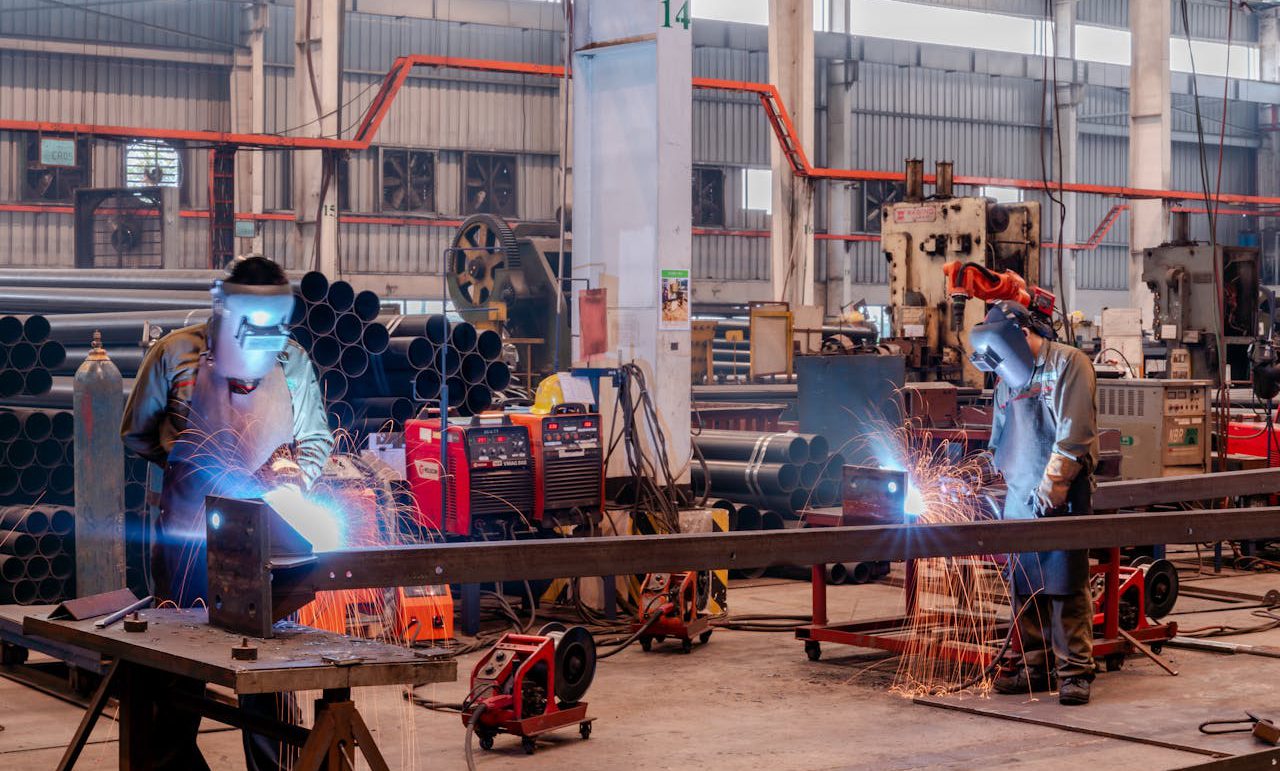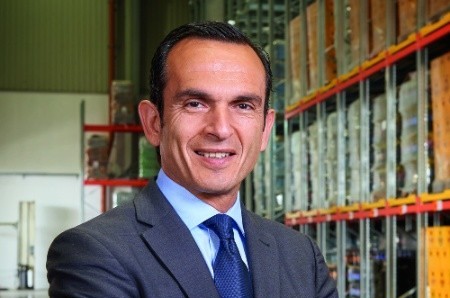Manufacturing industry CEOs are prioritising digitisation and environmental, social and governance (ESG) initiatives in 2024, a global study conducted by KPMG International has found.
Last week, KPMG International published its KPMG Industrial Manufacturing CEO Outlook, a study conducted following a survey of 175 industrial manufacturing CEOs globally, with the report stating that these executives are increasingly optimistic about the economy.
The study highlighted that confidence in the economy has increased by five per cent, with supply chain disruptions gradually starting to ease, while input and transport costs are normalising.
Despite this, only 39 per cent of CEOs surveyed claimed that they expect to see growth of more than 2.5 per cent in earnings over the next three years. 44 per cent of CEOs stated that they expected to see growth in this aspect, but not higher than 2.5 per cent, while six per cent do not expect any annual growth.
Stephane Souchet, KPMG International Global Head of Industrial Manufacturing, remarked that despite numerous economic challenges, “valuations for robust industrial manufacturing companies remained elevated and a large proportion of global industrial manufacturing stocks hit all-time highs in the fall.”
“Now, CEOs need to find ways to continue to create shareholder value from this high base. Embracing fundamental changes and pursuing transformational initiatives will be crucial for helping continued growth and to create shareholder value,” he continued.
In fact, surveyed CEOs outlined the twin transformation of digitisation and ESG as their key targets for 2024.
Digitisation and connectivity represented manufacturing CEOs’ top operational priority for achieving their growth objectives, hence increasing adoption of Industry 4.0 technologies and models, such as big data, cloud computing, and artificial intelligence (AI), among others.
69 per cent of CEOs said that investment in generative AI is at the very top of their company’s investment priorities to redesign their processes, rethink client experiences and interactions, and eventually, increase efficiency and agility.
Additionally, a high number of CEOs understand the significance of ESG in attracting and retaining talent. They also acknowledge the potential financial benefits of demonstrating their commitment to ESG principles, such as reduced capital costs and improved access to capital.
71 per cent of CEOs stated that they would be willing to divest of an asset that dilutes their organisation’s image in ESG, thus continuing to establish the link between ESG strategies and corporate business portfolios.
KPMG in the US Partner and National Sector Leader for Industrial Manufacturing Claudia Saran explained that clients are working with KPMG to “manage the hype around generative AI” in their organisations, and hence selecting the areas where these technologies can make a positive impact.
“The potential for value capture and/or improved productivity is definitely there, but it is important to approach it in a thoughtful and practical manner,” she added.
In addition to this, an increase in mergers and acquisitions is anticipated in the coming years, with 88 per cent of industrial manufacturing CEOs thinking that their organisation will make an acquisition over the next three years. 58 per cent said that they were likely to undertake acquisitions that would have a significant impact on the overall organisation.
The survey also found that portfolio reshuffling is set to gain momentum in the industrial sector, with more players seeking to focus on core strengths and divest assets that no longer support their long-term strategy and might struggle to access the necessary investments to create value over the long term. Stable market conditions (31 per cent) and availability of financing (25 per cent) are the two primary pre-requisites to resume stronger mergers and acquisitions activity in 2024.
Mr Souchet explained that the increased deal activity expected in the industrial manufacturing sector in 2024 will “likely trigger the divestment of other businesses that might have a better future and stronger growth potential with other investors.”
2024 is set to be an “exciting year” for many industrial manufacturers, yet there are also other cohorts that could be set to face significant challenges, particularly as state support starts to dwindle. This can result in “zombie companies” – those firms that are unprofitable yet stay afloat by taking on new debt – struggling to access refinancing. Some of these entities could restructure, yet others could eventually go out of business.
KPMG noted that it is set to be a “defining year” for many companies, with digitisation, ESG and inorganic growth all coming together to drive deeper transformation for manufacturers. In this respect, many manufacturing CEOs are expected to make “some bold moves” in the process.
“Industrial manufacturing companies are looking at leveraging digital to offer differentiated value to their customers, changing their business models and improving operational efficiencies,” KPMG International Global Head of Industry 4.0 Vinodkumar Ramadachandran affirmed.
“For example, many industrial companies are moving from ‘product sales’ to ‘product as a service’ which needs a different set of connected capabilities across the value chain to sell and deliver services to customers,” he added.
Real estate valuer Justin Mizzi joins QP as Partner
‘It is a privilege to be part of such an ambitious and well-established firm’
€169 million superyacht Gigia docks in Malta
The superyacht stretches nearly the same size as Mercury Tower, Malta’s tallest building.
Jonathan Falzon promoted to Head of Research at Rizzo Farrugia
Rizzo Farrugia is also a founding member of the Malta Stock Exchange.
PIN-UP Global transforms into the RedCore Business Group
PIN-UP Global is scaling up to become the RedCore Business Group to realise its ambitious plans for expansion into new ...









